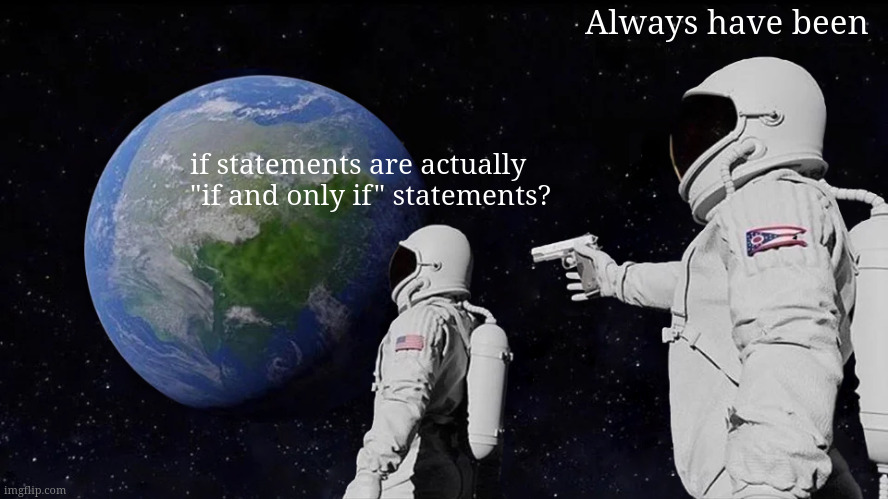Your momma's so fat, she got shot with a tranquilizer dart when the hippos escaped from the zoo.
tatterdemalion
"I asked for medium rare, but it's well done."
"Thanks!"
We all know how good "just following orders" and "just doing my job" turns out.
Shame it didn't seem to connect.
Or idk maybe people have a job where it's useful to hone your tools? This meme doesn't make any sense.
That's why I quit coffee. Tea doesn't do that to me for whatever reason, probably just less caffeine total.
But I assume it also had something to do with high blood pressure.
I thought part of the philosophy of solarpunk was finding ways to use technology in harmony with nature. That seemed like a big theme of Scavengers Reign to me.
Does Scavengers Reign count as solarpunk?
Too bad Billionaires' Row is already cutting out a big portion of that tax revenue with a loophole.
Same as demon. Because my research indicates that this usage was originally a reference to Maxwell's demon.
I thought it was a reference to Maxwell's demon.
Daemons in computing, generally processes that run on servers to respond to users, are named for Maxwell's demon.


I have some childhood trauma from a right wing history teacher.